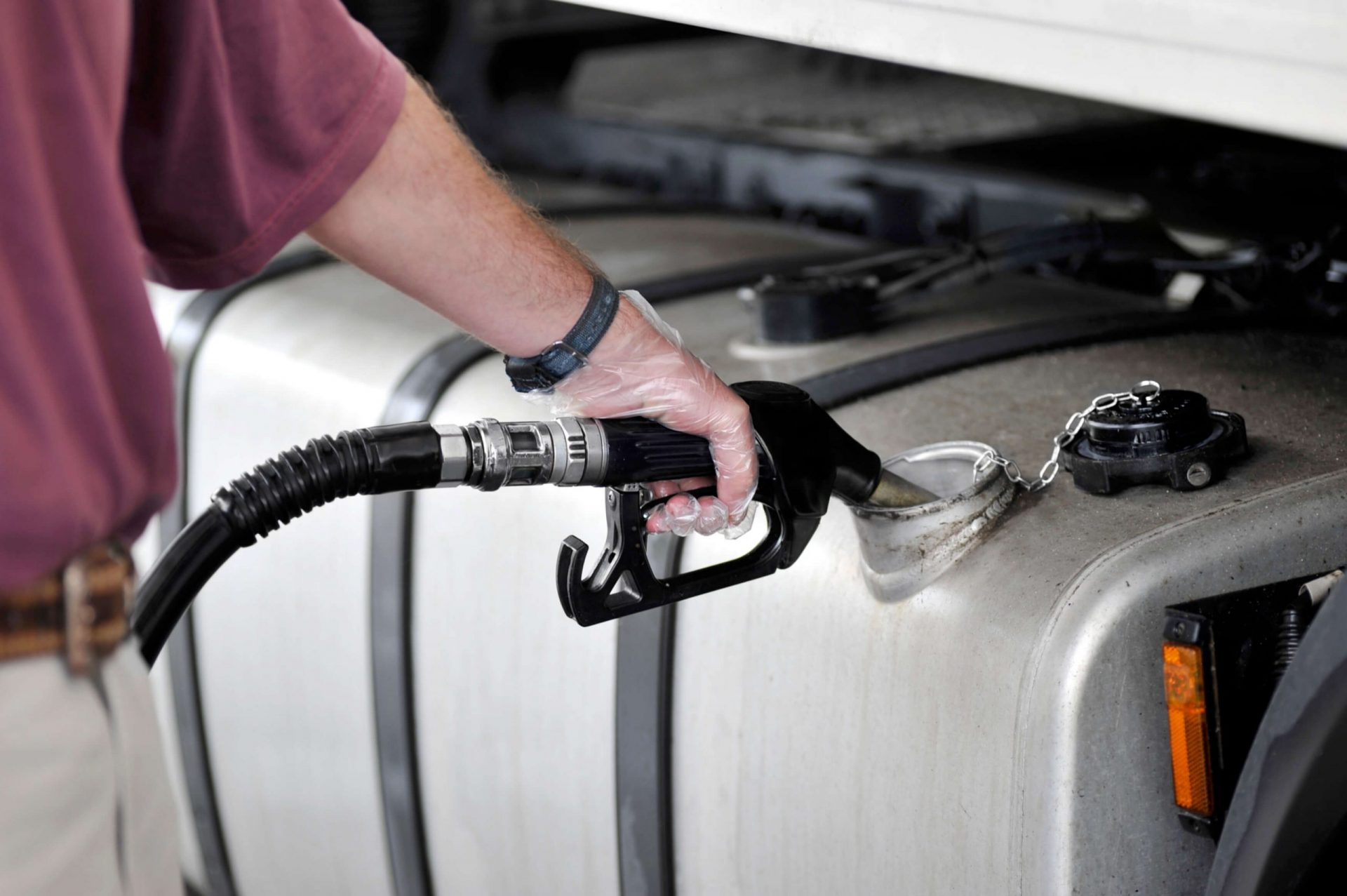

Your fleet needs fuel to power through daily tasks and keep your business operating smoothly. Many fleet managers turn to diesel or gasoline fuels to fill this role. Though gasoline and diesel are a common choice among commercial fleets, many fleet managers are looking to fuel alternatives for their low cost, availability, and environmental benefits.
Regardless of whether you’ve considered alternative fuel, your fleet is always looking for ways to reduce costs and increase efficiency. Natural gas fuel may provide the edge you need to improve performance across the board. Your fleet can either utilize compressed or liquefied natural gas options. Each fuel type has unique qualities, and the type that works best for you depends on a variety of factors.
Enter your contact details, we’ll get in touch, keep your job-site running!
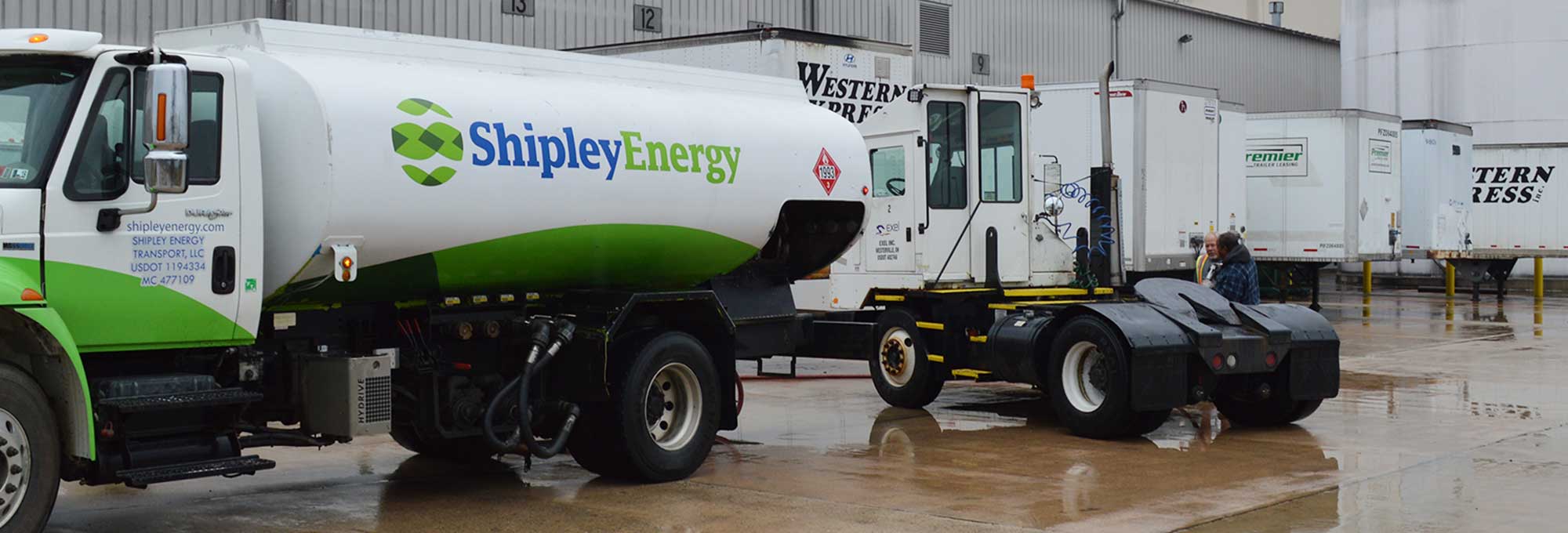
Compressed natural gas (CNG) is an alternative fuel made from natural gas. CNG is formed by compressing natural gas to less than 1% of its volume at standard atmospheric pressure. This compressed gas is stored in a vehicle in its gaseous state with a pressure of up to 3,600 pounds per square inch.
Like gasoline-powered vehicles, CNG vehicles use a spark-ignited internal combustion engine. CNG is stored in a fuel tank or cylinder until it is transferred to the engine intake manifold or combustion chamber. There, the pressure is reduced to work with the engine’s fuel injection system, and the CNG is mixed with air. Spark plugs then ignite the CNG and air mixture to power the engine.
CNG vehicles have a similar fuel economy to gasoline vehicles measured on a gasoline gallon equivalent (GGE). One gallon of gasoline is equal to about 5.66 pounds of CNG.
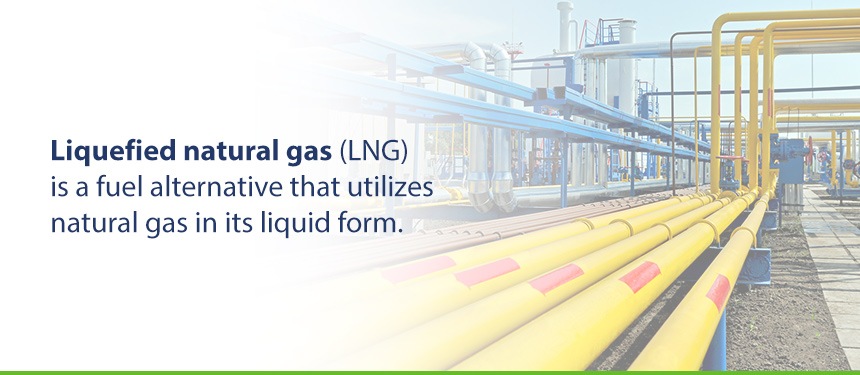
Liquefied natural gas (LNG) is a fuel alternative that utilizes natural gas in its liquid form. LNG production begins by purifying natural gas and super-cooling it to -260 degrees Fahrenheit. The purification and cooling transform the gas into a liquid, which is then cooled below its boiling point to remove extra compounds in the fuel. Once cooled, the remaining liquid consists of mostly methane and small amounts of other hydrocarbons.
LNG is stored in a cryogenic tank to maintain its super-cooled properties. In an LNG vehicle, cryogenic tanks in the front of the machine store the fuel until it’s ready to be used. Like CNG vehicles, LNG vehicles use common spark-ignited combustion engines.
Because LNG is a liquid, it has an increased density and can store more energy by volume. One GGE is equal to 1.5 gallons of LNG.
Enter your contact details, we’ll get in touch, keep your job-site running!
Aside from the fact that CNG is a gas and LNG is a liquid, these fuels have various characteristics that set them apart. When comparing CNG versus LNG, you may find one fuel type works better for your fleet than the other. Here are some key differences to consider.
The density of CNG and LNG makes them suitable for different vehicle types and applications. As a gas, CNG doesn’t pack as much energy into its volume. However, CNG has a wider range of applications across light, medium, and heavy-duty vehicles.
LNG has an increased energy density, which makes it suitable for longer-range vehicles like Class 7 and 8 trucks. You can use LNG for more medium to heavy-duty applications.
According to data from the U.S. Department of Energy, CNG and LNG have had relatively similar or lower costs as compared to gasoline and diesel since 2000.
Individually, CNG and LNG have slightly different price points:
When you switch to CNG or LNG, you won’t have to worry about increased fuel costs. On the contrary, you’ll likely enjoy decreased or unchanged fuel costs.
CNG and LNG have different fueling methods and requirements based on their composition. CNG offers fueling options that are similar to traditional gasoline or diesel fueling.
There are two types of CNG fueling stations available:
LNG has some unique fueling requirements because it is super-cooled. Trained personnel must wear protective clothing, face shields, and gloves when handling LNG. In contrast to CNG, LNG has a fuel time similar to diesel.

To accommodate these requirements, there are two types of LNG fueling stations available:
Both CNG and LNG offer benefits over traditional gas and diesel options. When weighing the benefits of compressed natural gas versus liquefied natural gas, your fleet’s needs will play a deciding role.
Consider your answers to the following questions to help determine what fuel type may be best for your fleet:
Altogether, your natural gas fuel choice should be as convenient and practical as possible. You know your fleet best. Keep your vehicles, work, and local natural gas offerings in mind to make the best choice.
Considering CNG versus LNG for your commercial fleet is an important, win-win decision. Both natural gas fuels offer a host of benefits for your fleet, business, and the environment. Here are some of the things you can expect when you switch to natural gas.
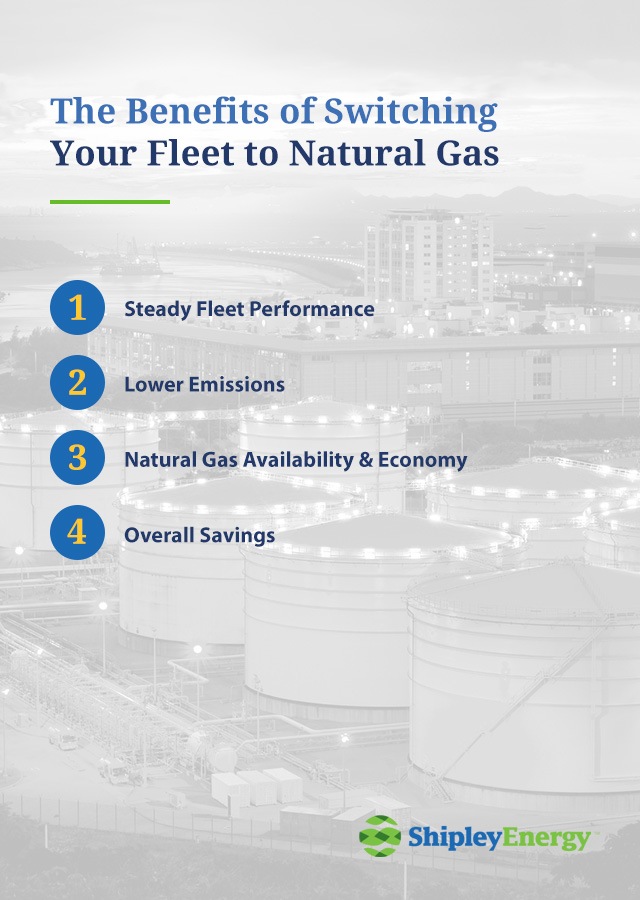
Getting adequate power and performance from your vehicles is non-negotiable. No matter the industry, you need to know that your equipment will deliver day after day. Rest assured that, with natural gas vehicles (NGVs), you won’t sacrifice your fleet’s performance. According to the U.S. Department of Energy, NGVs have similar power, acceleration, and cruising speed capabilities when compared to gasoline and diesel vehicles.
Though CNG and LNG don’t provide as much driving range as most gasoline or diesel vehicles, your natural gas fuel choice can mitigate this discrepancy. If a long range is important for your vehicles, you can choose LNG vehicles and add extra storage tanks to maintain the range you need.
One key benefit of switching your fleet to natural gas is lowering your overall emissions. When it comes to tailpipe emissions, NGVs have comparable levels to newer gasoline and diesel vehicles. This is because all new vehicles are equipped with emission control systems that must comply with emissions standards.
Not all gasoline and diesel fleet vehicles are new and emission-friendly. According to NGV America, medium- and heavy-duty vehicles are the number one source of smog. Replacing your vehicles with NGVs can cut down on EPA criteria pollutants, especially nitrogen oxide. Overall, light-duty vehicles running on conventional natural gas can reduce lifecycle greenhouse gas emissions by 15%. And because CNG fuel systems are completely sealed, they produce no evaporative emissions.
If your business or customer base champions environmental causes, switching to natural gas fuel sends a clear message.
As a resource, natural gas is abundant and readily available in the U.S., especially when compared to the petroleum used to make gasoline and diesel. With natural gas recovery operations in 33 states, the United States is the number one producer of natural gas in the world. The large supply of natural gas in the U.S. keeps CNG and LNG prices low and stable. While gasoline and diesel prices fluctuate based on the global crude oil market, natural gas remains relatively unaffected.
Natural gas also supports the U.S. economy. When you use domestically produced fuel, you contribute to the American economy and help employ American workers. NGVs further diversify fleet fueling, which can reduce the impact of international fuel supply disruptions. Altogether, natural gas fuels are a secure source of energy with a variety of economic benefits.
Whether you plan to purchase NGVs or convert your current fleet, you may be concerned about the upfront investment required to switch to natural gas. According to NGV America, your investment will offer returns relatively quickly. With lower fuel and maintenance costs, your NGV may offer a speedy 18- to 24-month payback.
NGVs may experience lower maintenance costs when compared to diesel-fueled vehicles because they do not include:
In addition to lower maintenance costs, natural gas fuel costs are more affordable. This is due in part to the commodity cost associated with natural gas versus diesel:
In more ways than one, choosing natural gas for your fleet could provide substantial savings. Whether you’re deploying delivery vans or operating heavy construction equipment, natural gas could transform your fleet into an economical and environmentally-friendly asset.
At Shipley Energy, we’re committed to providing efficient commercial natural gas and fleet fueling solutions that benefit your business. Our services don’t stop at mere energy delivery, though. With over 85 years of experience, we’re here to help you develop effective energy procurement strategies for your business. Our team will work with you to analyze your needs and reduce costs where possible.
As energy professionals, we care about providing cutting-edge, reliable solutions for our customers. As a local, family-owned business, we also care about cultivating relationships and partnering with businesses to find innovative and effective energy solutions.
For more information about our offerings for your fleet and business, contact us online today.

The reps at Shipley Energy (Energy Objective) have helped me save more than a half-million dollars on my electric supply since the start of 2010. They have also helped me procure Demand Response payments from PJM of more than $77,000 over a six-year period. The service I have received from Shipley (...
Read moreThe reps at Shipley Energy (Energy Objective) have helped me save more than a half-million dollars on my electric supply since the start of 2010. They have also helped me procure Demand Response payments from PJM of more than $77,000 over a six-year period. The service I have received from Shipley (Energy Objective) has been personal and professional, and I feel like they have the best interests of my company in mind. It is for this reason that I have signed with them for electricity through 2023.
Read less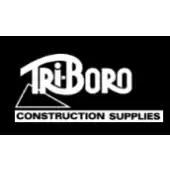
My favorite thing about Shipley Energy (Energy Objective) is working with a local, well-respected company. They look out for us by contacting us about renewal rates when the market is low, rather than waiting until my contract has ended and I’m out of time.
Glen Rexroth
I have been a Shipley Energy (Energy Objective) customer since 2008. A few years back, Tim Booth took over our commercial accounts. I am very happy that Tim is on our side all the time. I have never met anyone who can provide customer service the way he does. We are in the hospitality business ownin...
Read moreI have been a Shipley Energy (Energy Objective) customer since 2008. A few years back, Tim Booth took over our commercial accounts. I am very happy that Tim is on our side all the time. I have never met anyone who can provide customer service the way he does. We are in the hospitality business owning several hotels and a sports complex so we know what customer service means. Tim is not just finding us the best deal but also audits our invoices to make sure the rates are correct, helps us in understanding the market, and works through the complex contracts for us. He is always a supportive and very knowledgeable fellow. We have saved money in the six figures so far. We will always stick to our favorite company and especially our great friend Tim. I truly thank Tim Booth for the best help we can get for all energy needs. No one else can give the best rates and services like Shipley (Energy Objective). Crowne Plaza Harrisburg, Lancaster Host Resort and The Coliseum wish you the best.
Read less
I’ve been working with Shipley (EnergyObjective) since 2010 to procure my electricity supply in two utilities. Over four Met-Ed contracts, every price has been lower than the last. My rep audits my bills after each new contract, alerts me when the market is low, and makes the contracting process p...
Read moreI’ve been working with Shipley (EnergyObjective) since 2010 to procure my electricity supply in two utilities. Over four Met-Ed contracts, every price has been lower than the last. My rep audits my bills after each new contract, alerts me when the market is low, and makes the contracting process painless. He’s also available for any utility question I have, whether or not it’s about my supply contract. If you’re looking for a professional, courteous, hard-working energy partner, you can go pretty far with EnergyObjective.
Read less
I wanted to let you know that Shipley did fantastic this season. As we wrap up our season THIS weekend (yay!!) I can’t explain to you how nice it was not to worry about propane. So much time was saved on my part not having to check tanks prior to a weekend, and Saturday night to make sure we’d m...
Read moreI wanted to let you know that Shipley did fantastic this season. As we wrap up our season THIS weekend (yay!!) I can’t explain to you how nice it was not to worry about propane. So much time was saved on my part not having to check tanks prior to a weekend, and Saturday night to make sure we’d make it through Sunday. What a relief. Thanks again!
Read less
Reliable propane supply is essential for us to be able to provide a comfortable and healthy environment for our turkeys. With Shipley prompt delivery and service is always just a call away with the ability to talk to a real person and not just a answering service. ...
Read moreReliable propane supply is essential for us to be able to provide a comfortable and healthy environment for our turkeys. With Shipley prompt delivery and service is always just a call away with the ability to talk to a real person and not just a answering service. The remote tank monitoring with automatic delivery is a easy way to ensure you never run out of propane. Shipley is the only propane supplier that I recommend to my turkey growers.
Read less
Shipley is a very important part of making Dottie’s a success. They provide us with Non Ethanol 87,90,93 grade fuel which is a huge draw for our loyal non ethanol customers. Shipley also provides us with Kerosene, Off Road, and On Road Diesel at competitive prices a...
Read moreShipley is a very important part of making Dottie’s a success. They provide us with Non Ethanol 87,90,93 grade fuel which is a huge draw for our loyal non ethanol customers. Shipley also provides us with Kerosene, Off Road, and On Road Diesel at competitive prices and a timely manner. Shipley helps us most by managing our delivery, watching the market, and deciding when the best time to purchase a load would be to capture the most savings. This is particularly important in these volatile times in which we are working.
Read less
“We decided to go with Shipley Energy 10 years ago because of the need to hand this task off to a reputable company that specialized in the field. Our staff is very busy with projects in house and we needed someone (local) whom we could rely on to manage both electric and Natural gas for the long-...
Read more“We decided to go with Shipley Energy 10 years ago because of the need to hand this task off to a reputable company that specialized in the field. Our staff is very busy with projects in house and we needed someone (local) whom we could rely on to manage both electric and Natural gas for the long- term future. What stands out the most with our relationship / partnership with Shipley is the open communication between the companies. Shipley is constantly monitoring our usages to protect us from unanticipated surprises in the extreme heat or cold temperatures of our seasons. Shipley has well documented usages for our facility and shares that information as we move throughout the seasons and contract process. Shipley strives to uncomplicate the process and is open for conversations as required. I would suspect that If you are looking for a new supplier or are unhappy with your current supplier you owe it to yourself to visit with their sales staff.”
Read less
“Partnering with Shipley Energy has wonderful experience. We decided to switch to Shipley when our previous energy company viewed us as just another ‘number.’ Cole and his team have taken the time to personally understand our needs and provide us the best products for our operation. Whether we...
Read more“Partnering with Shipley Energy has wonderful experience. We decided to switch to Shipley when our previous energy company viewed us as just another ‘number.’ Cole and his team have taken the time to personally understand our needs and provide us the best products for our operation. Whether we call Shipley to purchase energy or for HVAC service, we know that we will be taken care of.”
Read less
“Springwood Hospitality began our partnership with Shipley Energy in 2013 and at that time, we were managing four hotels. By the end of 2019, our portfolio will have 13 hotels, with more opening close behind. Shipley Energy has successfully helped us manage our portfolio’s energy costs during th...
Read more“Springwood Hospitality began our partnership with Shipley Energy in 2013 and at that time, we were managing four hotels. By the end of 2019, our portfolio will have 13 hotels, with more opening close behind. Shipley Energy has successfully helped us manage our portfolio’s energy costs during this period of growth. They conduct regular check-ins with our team and monitor industry trends to give us the information we need to make educated decisions about our energy agreements. We have a dedicated account manager that we can go to for any questions or concerns that we have throughout the year and during our renewal they are responsive and easy to work with. I would definitely recommend that other hotel management companies’ partner with Shipley Energy if they would like a peace of mind surrounding their energy costs.”
Read less
"TecPort Partners elected to do its most recent electric supply shopping through EnergyObjective, utilizing their impressive reverse auction platform. The company was able to exceed our expectations and lock in our PPL supply at a pleasantly low 18-month price. We saw wide supplier participation, a ...
Read more"TecPort Partners elected to do its most recent electric supply shopping through EnergyObjective, utilizing their impressive reverse auction platform. The company was able to exceed our expectations and lock in our PPL supply at a pleasantly low 18-month price. We saw wide supplier participation, a competitive back-and-forth bidding process, and complete transparency from start to finish. The contracting process was smooth and there were no surprises. The guidance provided by the reps at EnergyObjective regarding the auction process, market timing, contract lengths, and general electricity knowledge was helpful and appreciated. We at TecPort Partners would recommend the EnergyObjective reverse auction for any electricity user looking for straight talk, competitive pricing, and overall ease in the process."
Read lessWe are here to help! The fastest way to a solution is to call us.